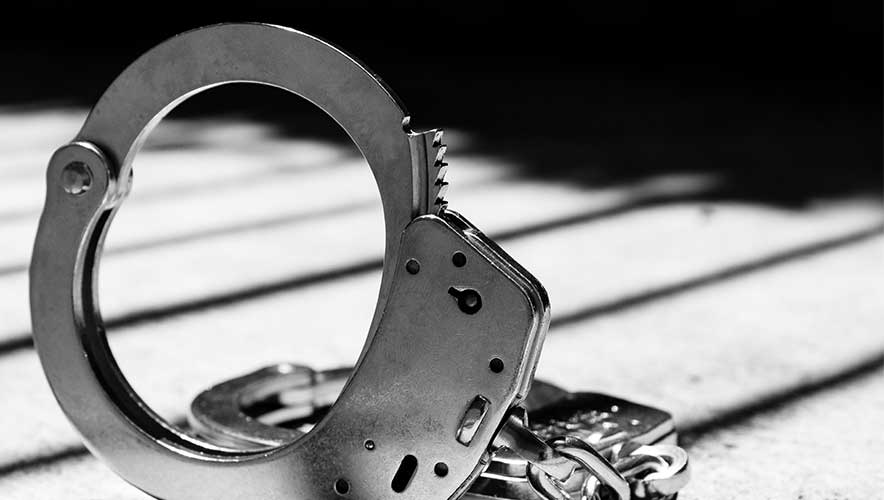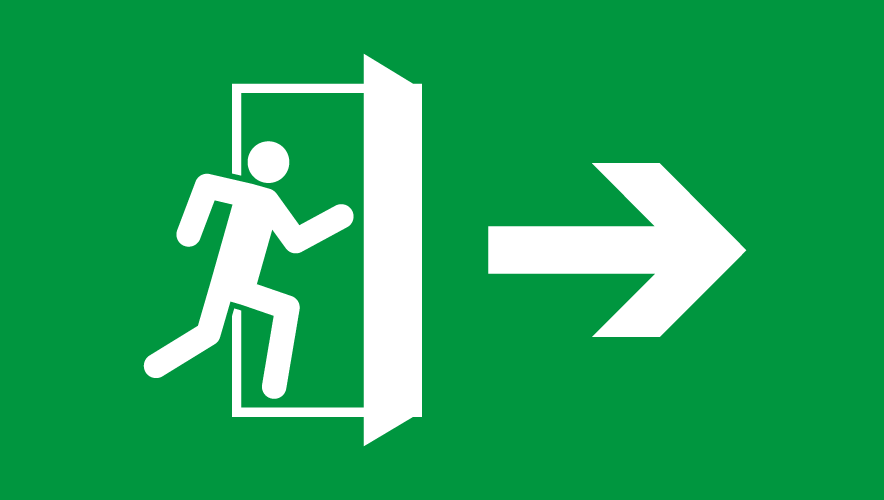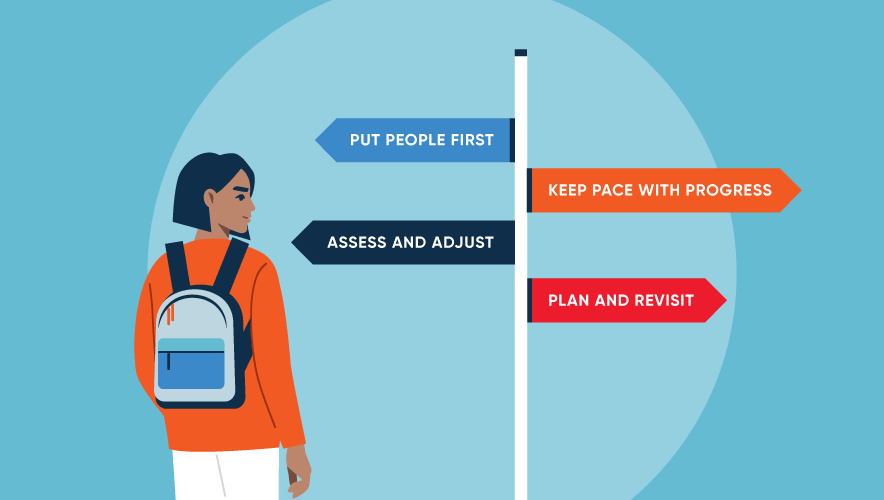Italy Celebrates Arrest of Fugitive Mafia Boss
Matteo Messina Denaro used to boast of committing enough murders to fill a cemetery, Mafia informants and turncoats told police. But after 30 years on the run, Messina Denaro, 60, was arrested 16 January 2023 as he left a private health clinic in Palermo, Italy.
Messina Denaro was convicted of dozens of murders in absentia, and he is allegedly the leader of the notorious Cosa Nostra organized crime group—one of Italy’s three major crime groups. Italian authorities said Messina Denaro was involved in two particularly notorious crimes: the 1992 bomb murders of anti-Mafia magistrates Giovanni Falcone and Paolo Borsellino and the operation to kidnap, torture, and kill the 12-year-old son of a Mafia turncoat. Messina Denaro faces multiple life sentences in prison, The Washington Post reported.
Messina Denaro remained hidden for so long in Sicily by using false names and possibly disguises or plastic surgery, but the complete absence of recent photographs of him complicated the investigation to find the mobster. Investigators had to rely on computer-generated images that approximated his appearance as an older man. Law enforcement had been monitoring patients in Sicily who were suffering from the same disease as Denaro and who were the same age, eventually homing in on La Maddalena health clinic, where Denaro had been receiving medical treatment for a tumor, The Guardian reported.
“Health is one of those things that, sooner or later, forces those who want to hide to expose themselves,” Carabinieri military police General Pasquale Angelosanto told a press conference in Palermo. “In the last period we have focused our investigations on his health conditions. We knew he was sick. In the last few days, we understood that on this day, a man who matched the sketches we had of the boss was going to this clinic.”
Messina Denaro was arrested at the clinic and confirmed his identity. He was ferried via military plane to a maximum security prison in L’Aquila, where strict rules for organized crime bosses sharply limit visitor privileges, according to the Associated Press.
Italy's No. 1 fugitive, Matteo Messina Denaro, a convicted Mafia boss who ordered some of the nation's most heinous killings, was arrested Monday at a private clinic in Sicily after three decades on the run, Italian paramilitary police said. https://t.co/79qveMWDIT
— The Associated Press (@AP) January 16, 2023
Italian Prime Minister Giorgia Meloni said in a statement that the arrest was “a great victory for the state that shows it never gives up in the face of the Mafia.” Videos on social media showed people cheering, honking horns, and clapping in the streets of Palermo in celebration of the arrest.
According to Anna Sergi, an expert on the mafia at the University of Essex, “The arrest means closure. It’s a moment that will be written in history books when we come to write the history of Cosa Nostra.”
“Messina Denaro was the last one standing of maybe five or six people who were at the top of Cosa Nostra when it was at the top of its powers,” she told NBC News. “It means we won’t have anything like this again—this effectively marks the end of Cosa Nostra the way we knew it.”
This does not mean that Cosa Nostra is dead, however. Rome’s Chief Prosecutor Francesco Lo Voi called the arrest an “earthquake” for the organized crime group, but Cosa Nostra has been acting without an absolute boss since the arrest of Salvatore “Toto” Riina in 1993, and it is likely to continue operating without Messina Denaro. Instead of the violent strategy of the 1990s, Cosa Nostra is instead seeking to weave itself into the fabric of Italian society and economics—investing Mafia money in hotels, supermarkets, and windfarms—while diving back into drug trafficking, Lo Voi said.












